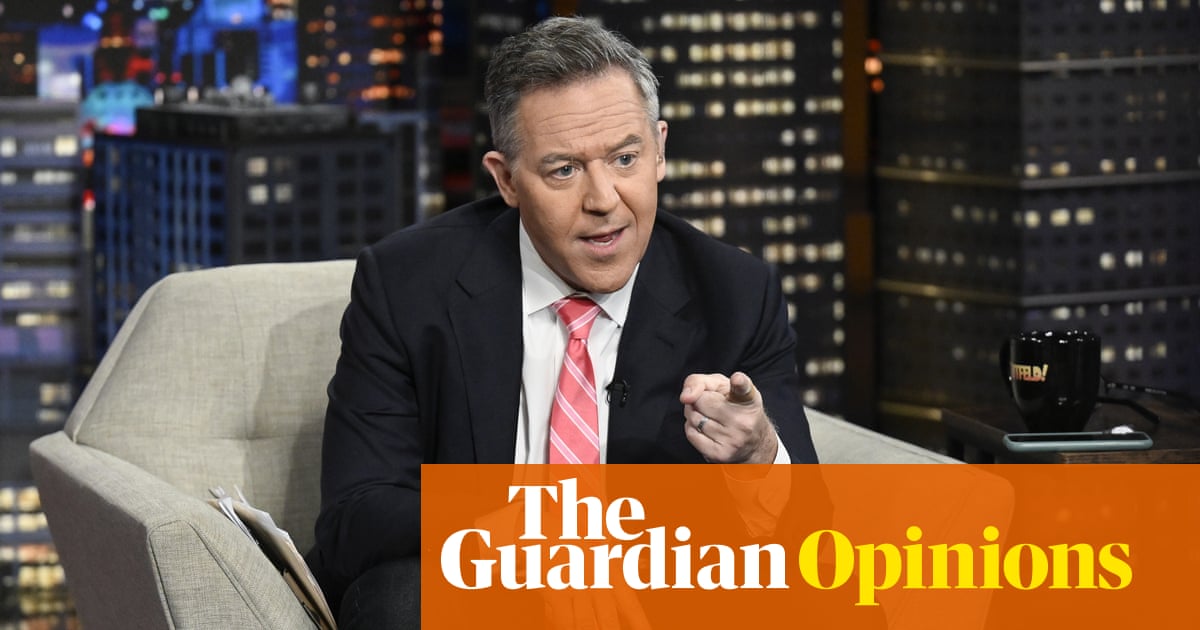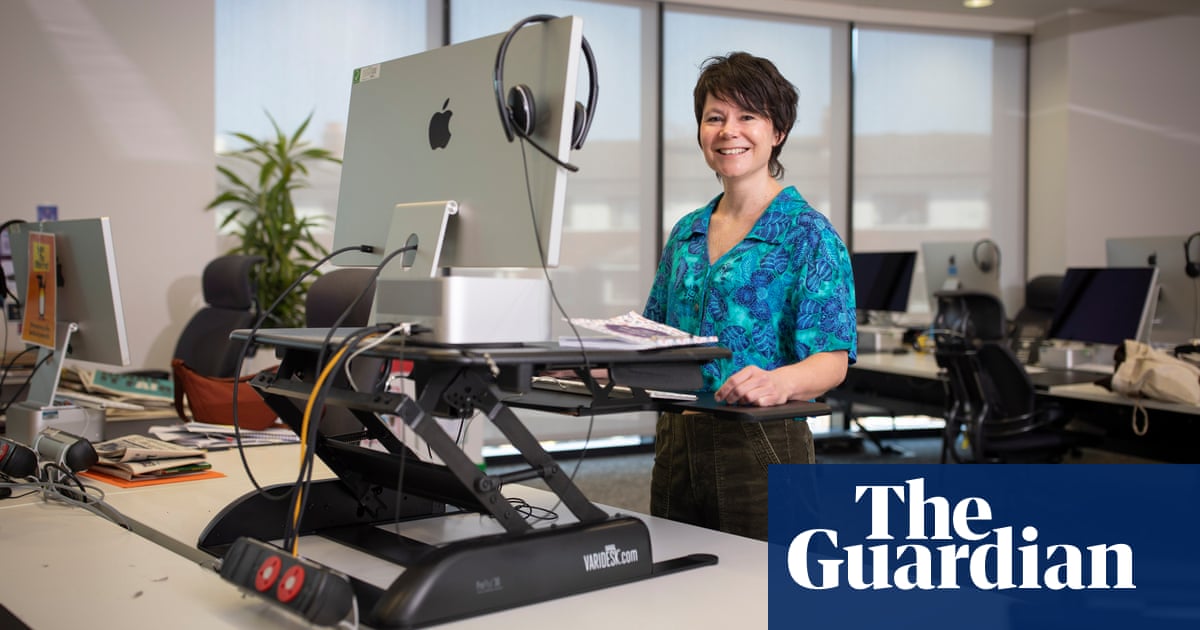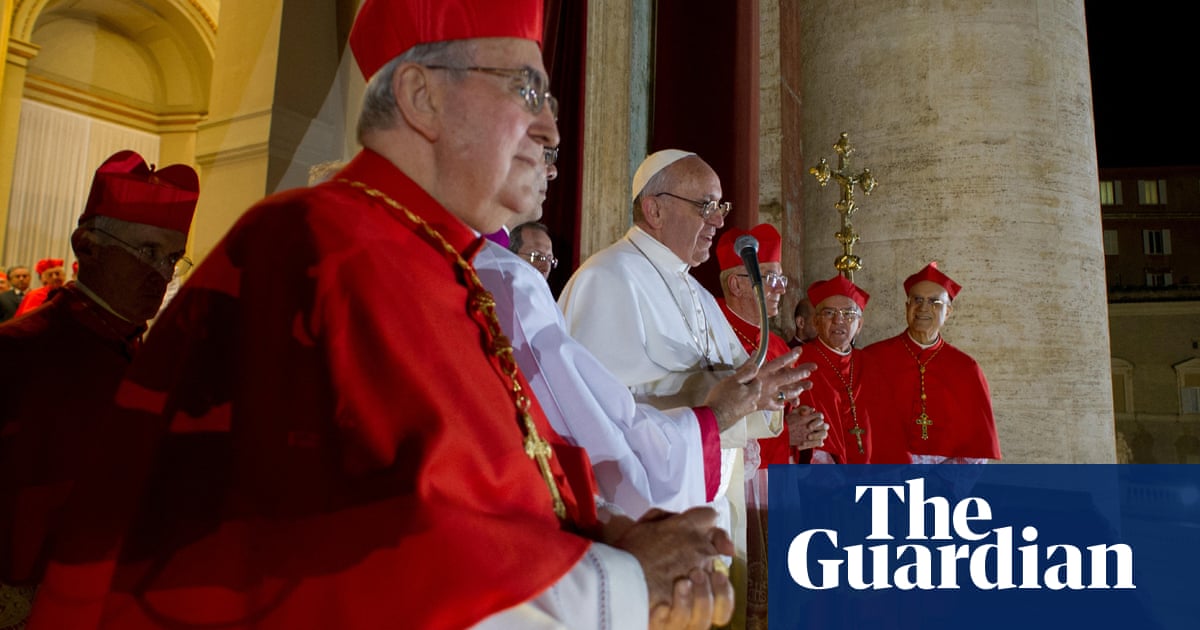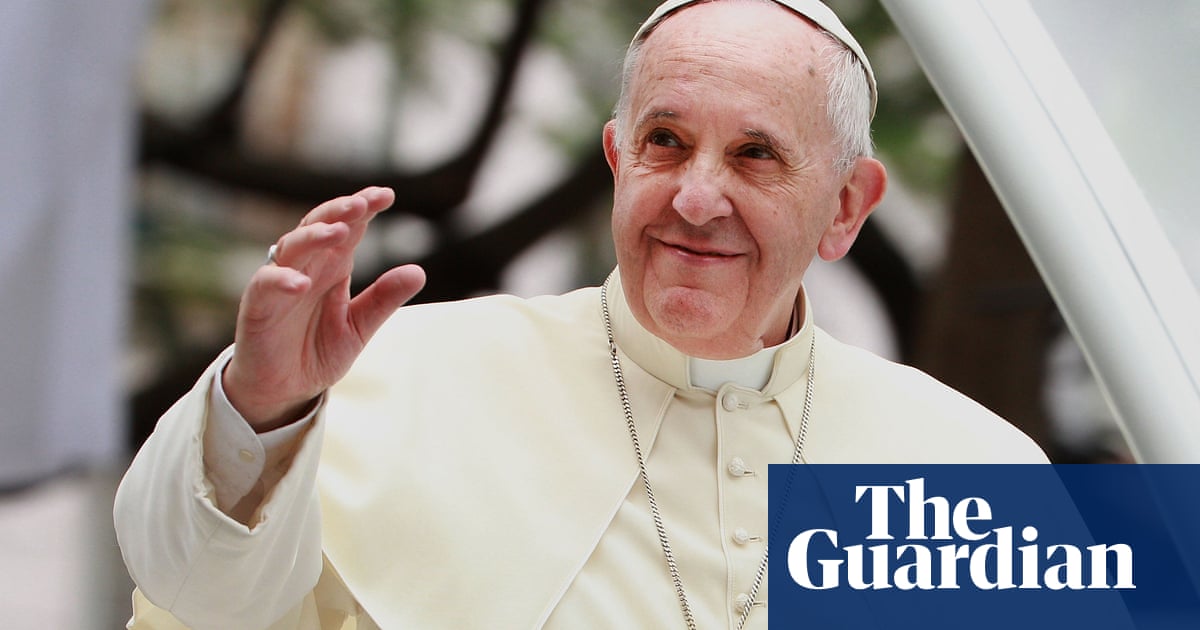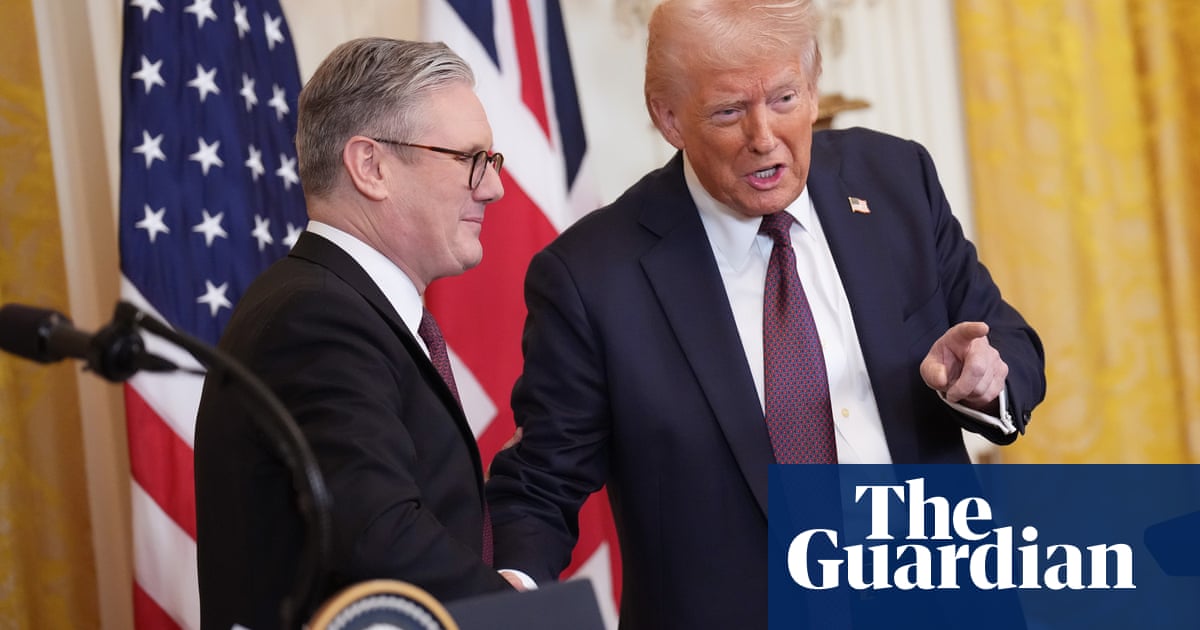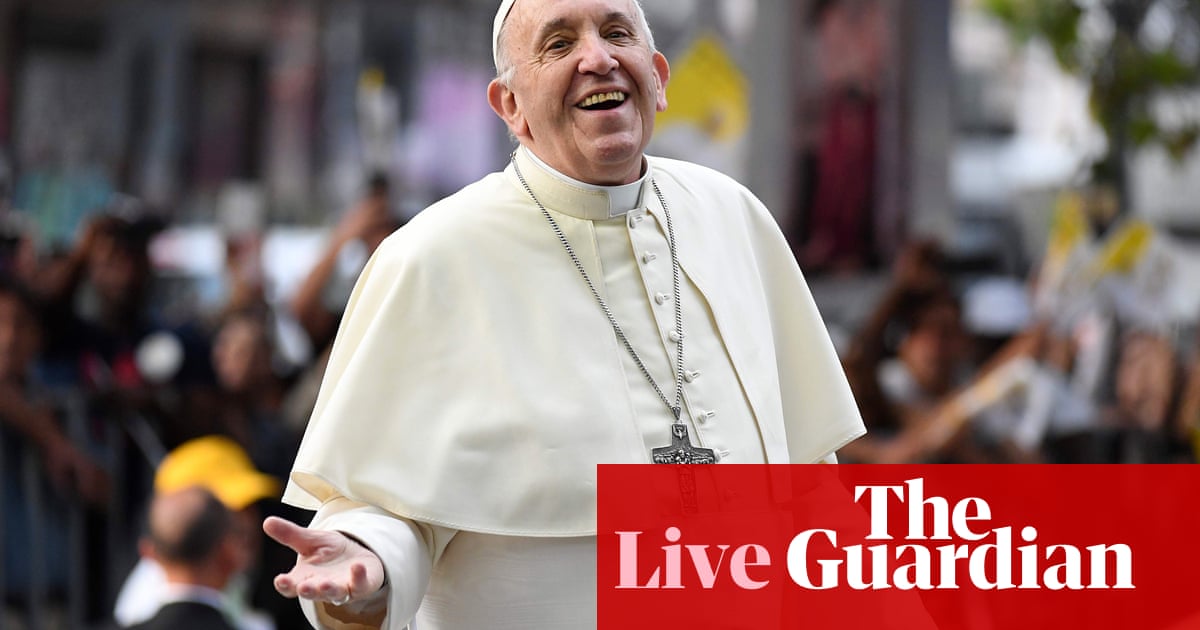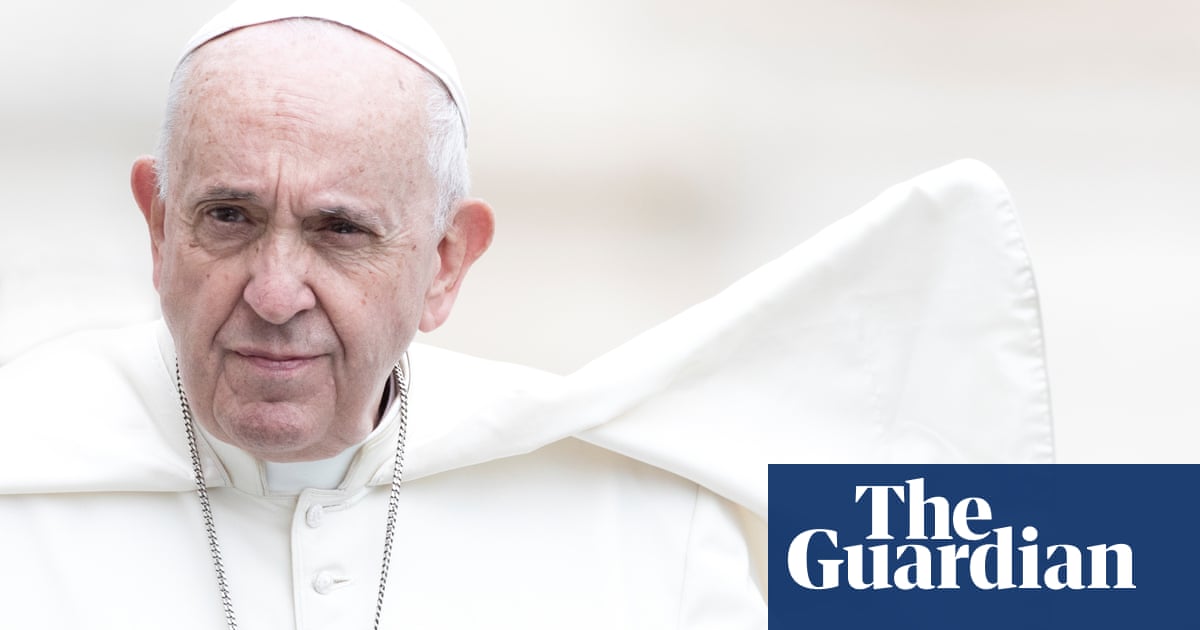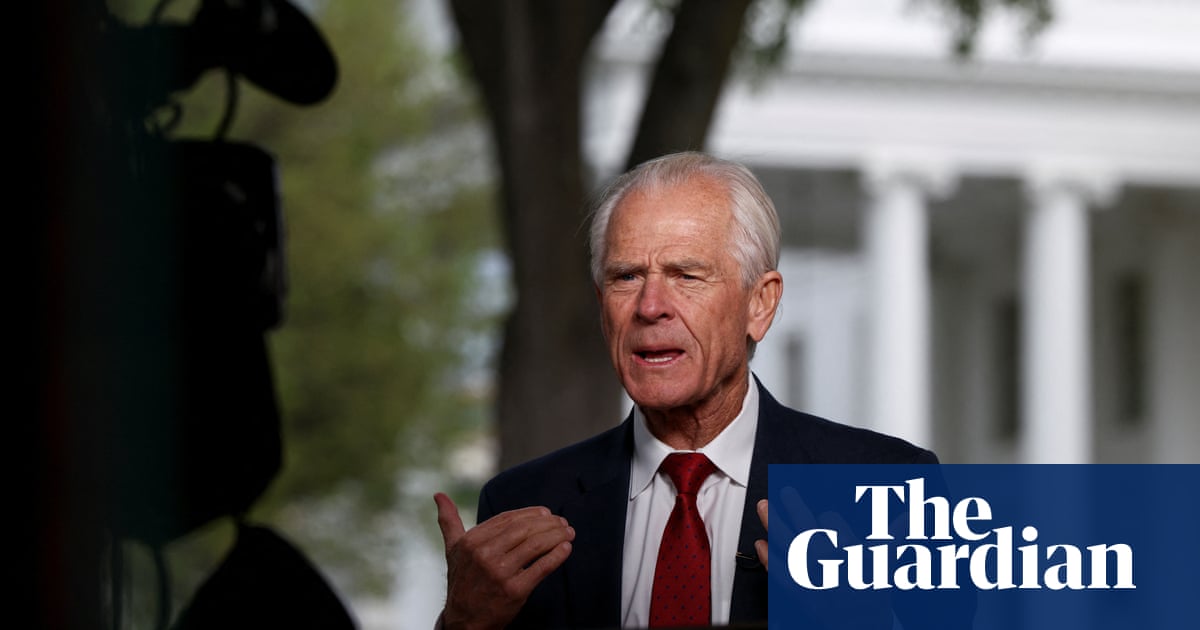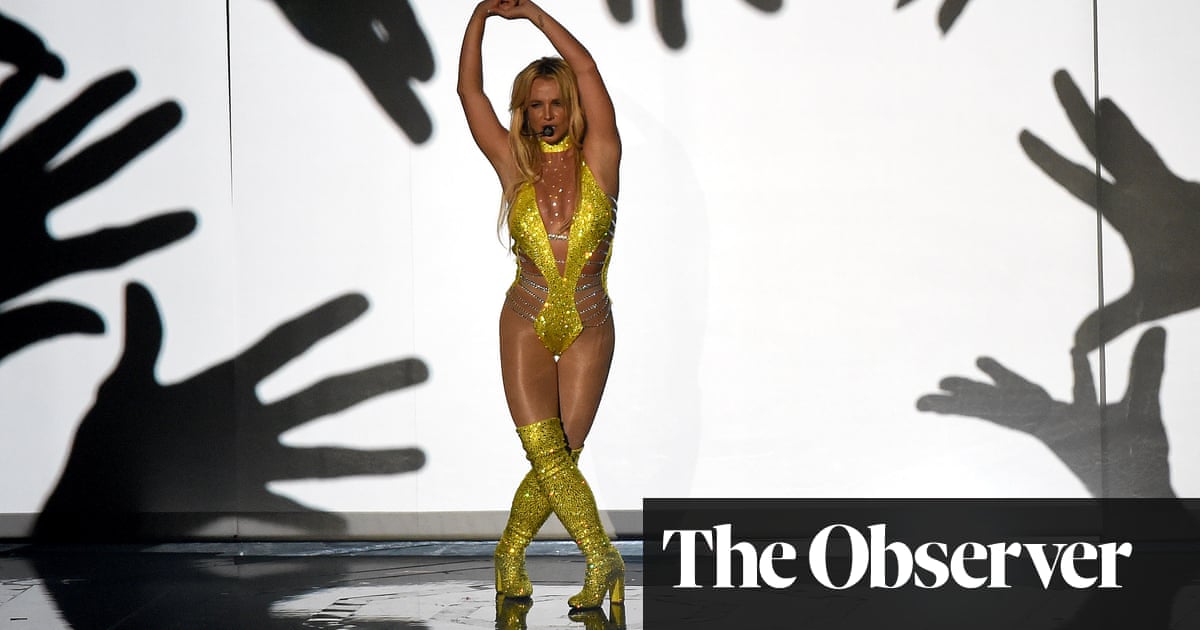Hong Kong’s top judge has claimed the exodus of foreign judges from the judiciary’s benches since the introduction of the national security law is due to escalating geopolitical tensions and “orchestrated harassment”.
The city’s chief justice, Andrew Cheung, made the remarks at the ceremonial opening of the city’s legal year on Monday evening in a speech which acknowledged the changing political environment but otherwise stridently defended the judiciary. Hong Kong has a common law system separate from the Chinese mainland’s, but observers say it is under growing political pressure.
In 2020 Beijing introduced a sweeping National Security Law (NSL) to Hong Kong, with the support of the Hong Kong government, as part of a massive crackdown on dissent and opposition after the pro-democracy protests of 2019. The NSL has been described as overly broad and punitive and some prosecutions have been accused of denying procedural fairness to defendants.
Cheung spoke of the “significant challenges” faced by Hong Kong in recent years which had “tested Hong Kong’s judiciary and the strength of our legal institutions”. But he said it had stood firm and legal processes remained “transparent, fair and independent”.
But he also made repeated mention of the foreign judges who have walked away from the city’s court of final appeal, including five just last year, after a decades-long arrangement which saw a rotating roster sit part-time alongside local colleagues to hear cases.
Of the 15 overseas judges who once sat on Hong Kong’s court, just six remain.
Since the law’s introduction, four overseas judges decided to not renew their appointments while five quit before the end of their terms, including British judge Lord Jonathan Sumption, who departed saying the rule of law in Hong Kong was now “profoundly compromised”.
In an opinion piece in the Financial Times in June, Sumption said Hong Kong “is slowly becoming a totalitarian state”. Others have also referenced the new security environment as influencing their departure.
On Monday Cheung said the judges’ “unfortunate” departures should be respected, but it did not mean the weakening of Hong Kong’s judiciary, which he said no longer had a lack of experienced officers to fill the benches.
Cheung acknowledged that some of the judges had departed early “on account of political or other considerations”, but suggested this was due to outside pressure.
“In this regard, the effects of the escalating geopolitical tensions in recent years cannot be ignored,” Cheung said.
“Indeed, the orchestrated harassment and pressures to which some of our overseas judges have recently been subjected are as deplorable as they are indicative of how politicised the office of an overseas non-permanent judge on the court has now become.”
Cheung did not detail the harassment he was referring to, but Hong Kong pro-democracy and rights groups, as well as supporters, have been lobbying foreign judges to leave their posts saying that their presence adds legitimacy to a legal system which has been weaponised to target political opposition.
Thousands have been arrested or charged in relation to the protests, and hundreds under the NSL itself, including high-profile figures like media mogul and UK citizen Jimmy Lai. Dozens already convicted have received lengthy prison sentences.

 2 months ago
46
2 months ago
46


